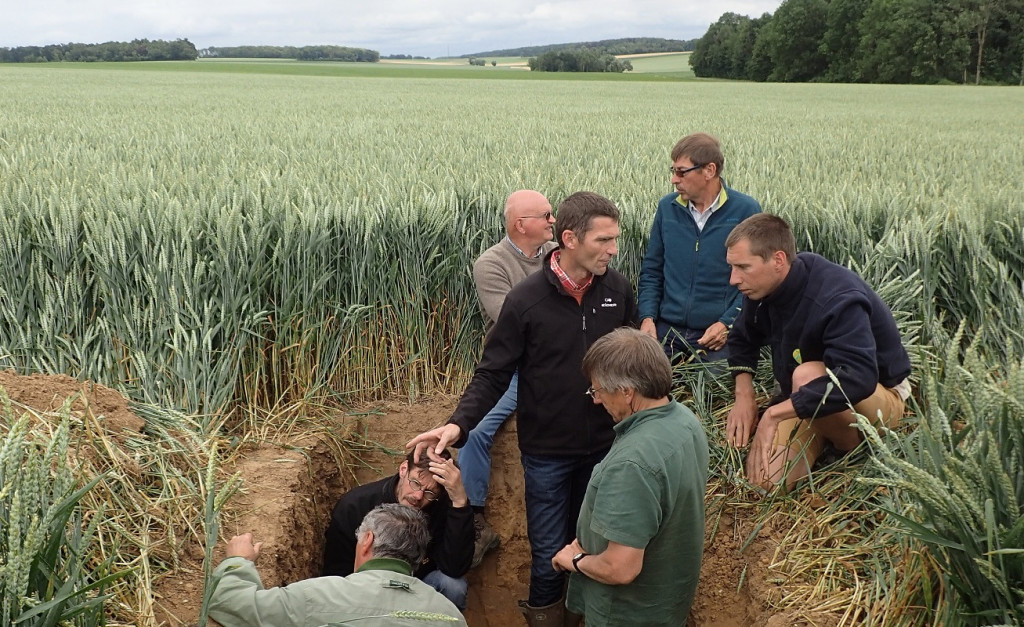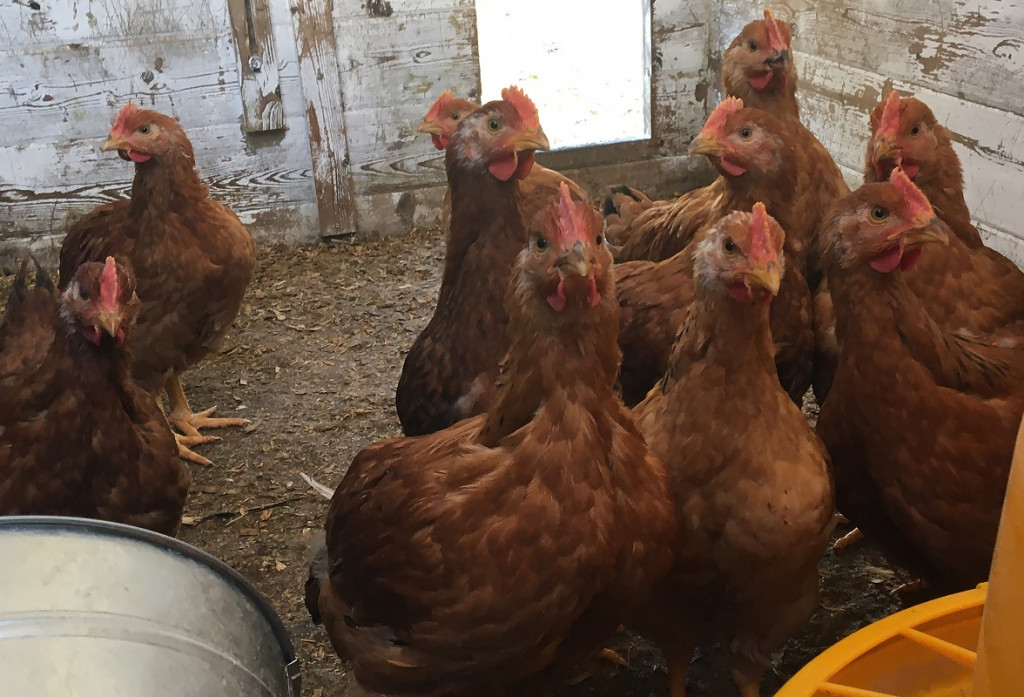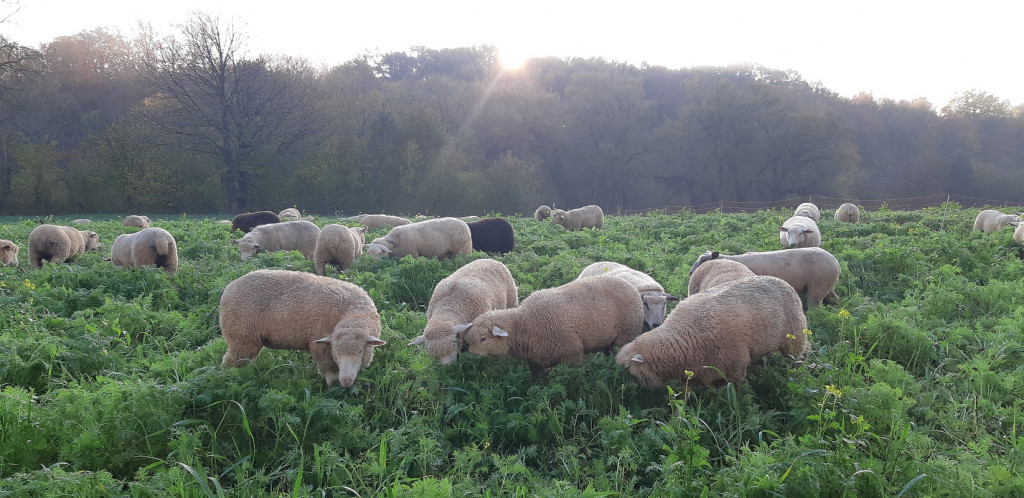CRA-W teams are co-leading 3 case studies set up and monitored as part of this project.
The "Cover crop grazing" case study (in partnership with the Collège des Producteurs) [Agricultural College] brought together crop farmers and sheep breeders. Following discussions within the group, the management possibilities offered by grazing have been extended to other crops: early sown winter cereals, rapeseed, beets, etc. However, several legislative hurdles (unauthorised exchanges between organic and non-organic) or citizen-based obstacles (animal welfare) have emerged.
The "pea-wheat intercropping” case study (in partnership with Walagri) has illustrated the interest of this practice for manufacturers and consumers. The harvest is divided into 3 products: peas for human consumption (3/9), wheat for breadmaking (4/9) and a lower quality pea-wheat mixture for animal feed (2/9). This combination allows growers to produce almost twice as much protein per area unit as a pure crop grown for animal feed.
Finally, as part of the "Reduction of plant protection products and soil tillage" case study (in partnership with Greenotec), farmers allocated at least 1 hectare of their land to test innovative practices. These practices are not well-developed in our climate. Group meetings, training, and field visits are also organised, providing a forum for discussion that allows the co-construction and questioning of these new practices. Within the group, farmers do not face the same challenges depending on whether they avoid spraying or ploughing. However, all are seeking to improve the management of cover crops, a practice that is essential to the success of their systems.
Beyond the agronomic aspect, participatory research methods are implemented and developed. This project will lead to the establishment of recommendations for policy makers aimed at removing obstacles to crop diversification and thus increasing the sustainability of cropping systems.
For further information:
Horizon 2020 European funding, No. 727482
Contact: Louise Legein, l.legein@cra.wallonie.be










